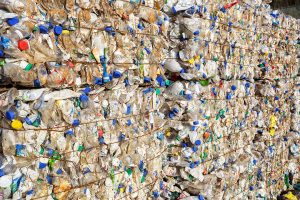
Five plastics recycling projects will take in a total of $11.7 million in California state grants. The awarded companies are targeting scrap plastic from a variety of sources.

Five plastics recycling projects will take in a total of $11.7 million in California state grants. The awarded companies are targeting scrap plastic from a variety of sources.
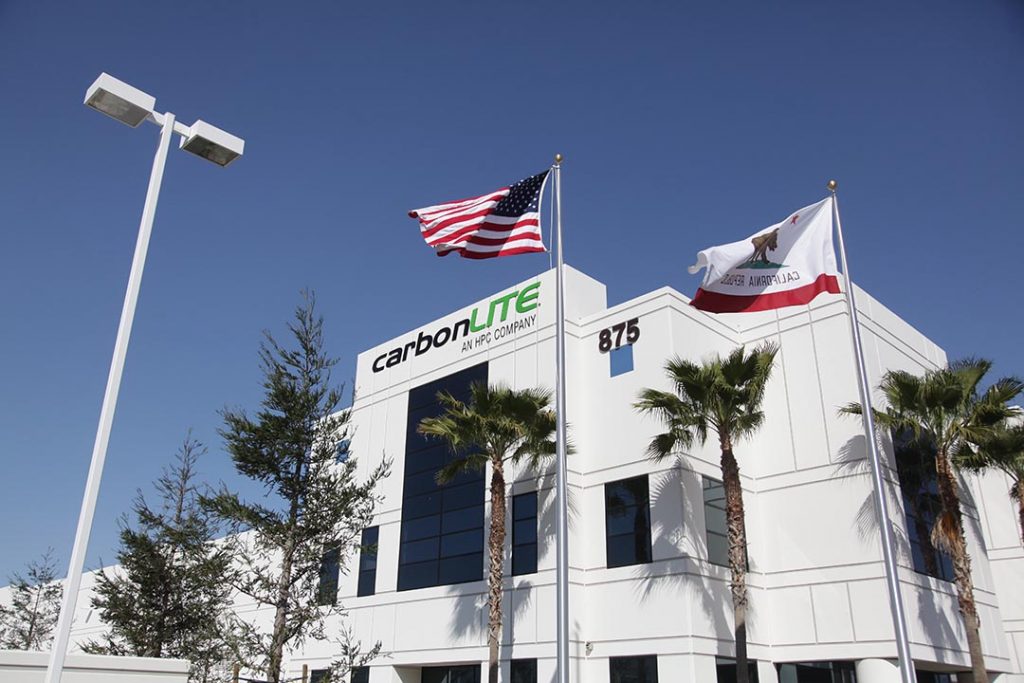
The CarbonLite facility in Riverside, Calif.
PET reclaimer CarbonLite launched a resin product made from ocean-diverted plastic, and the company released details on its third PET recycling facility.
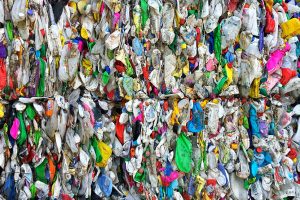
Mixed plastics are the feedstock for a chemical recycling partnership between resin giant Sabic and home goods manufacturer Tupperware Brands.
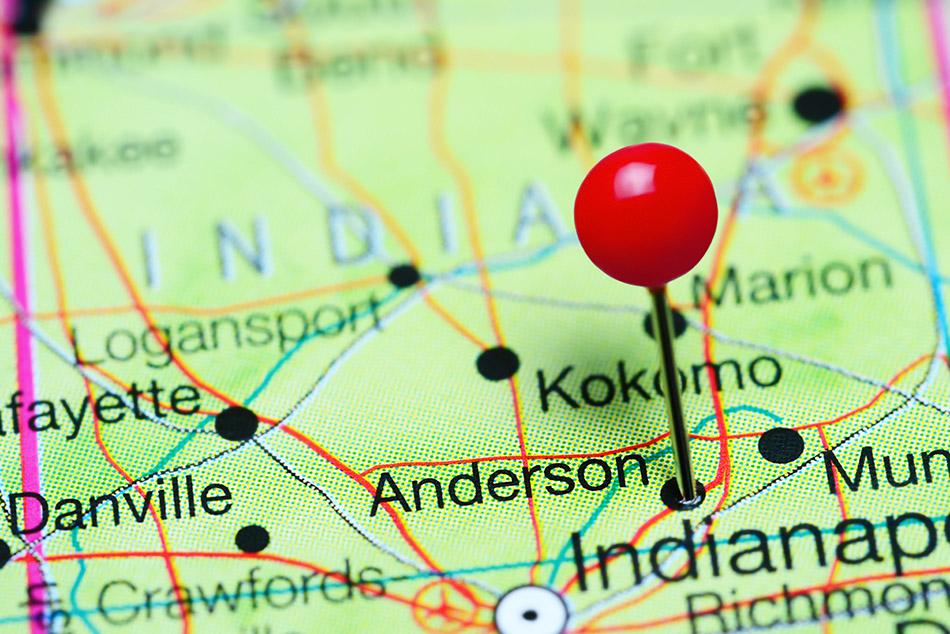
Sirmax will expand its capacity with a 130,000-square-foot facility.| Dmitrijs Kaminskis/Shutterstock
An Italian compounding company is developing an $18 million plastics recycling facility in Indiana, where the company will process and pelletize PP and PE.
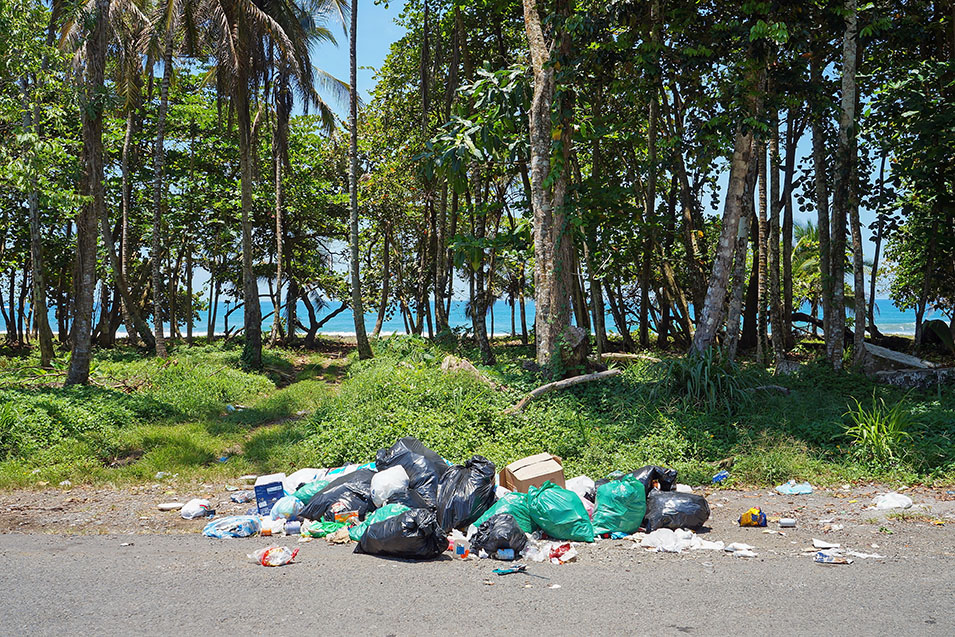
As of early this year, Envision Plastics was on track to meet its goal of recycling 10 million pounds of OceanBound plastic over two years. | Damsea/Shutterstock
Envision Plastics says it received the first FDA letter allowing litter recovered from coastal areas in developing countries to be recycled into food and drink packaging.
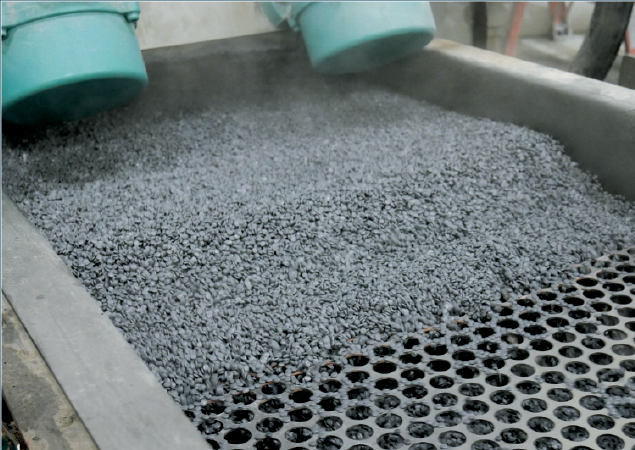
EFS is focused on materials that have traditionally been exported to overseas markets.
Mixed plastic bales have become increasingly difficult to move through the recycling system as overseas markets have diminished, leading some local programs to stop collecting plastics Nos. 3-7 altogether.
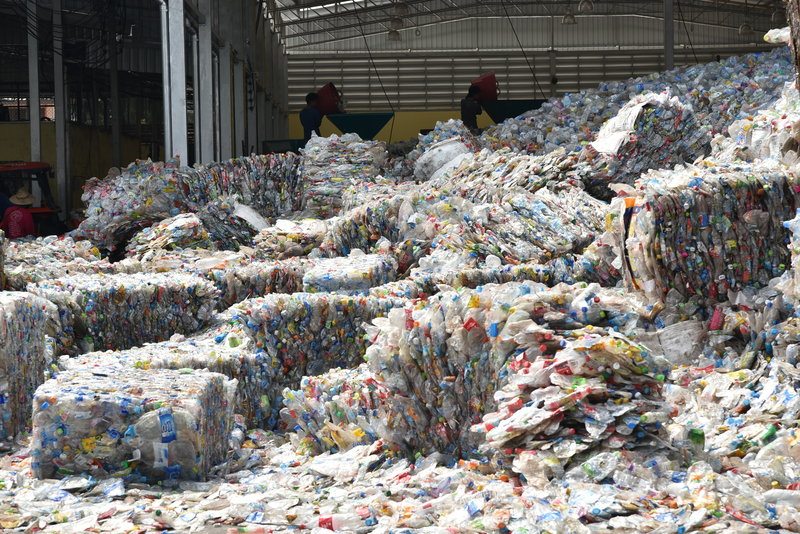
Before its closure, Revolve Recycling was working to increase its ability to process mixed plastics. | Setthayos Sansuwansri/Shutterstock
A Utah recycling company that was increasing its ability to sort and sell mixed plastics has closed.
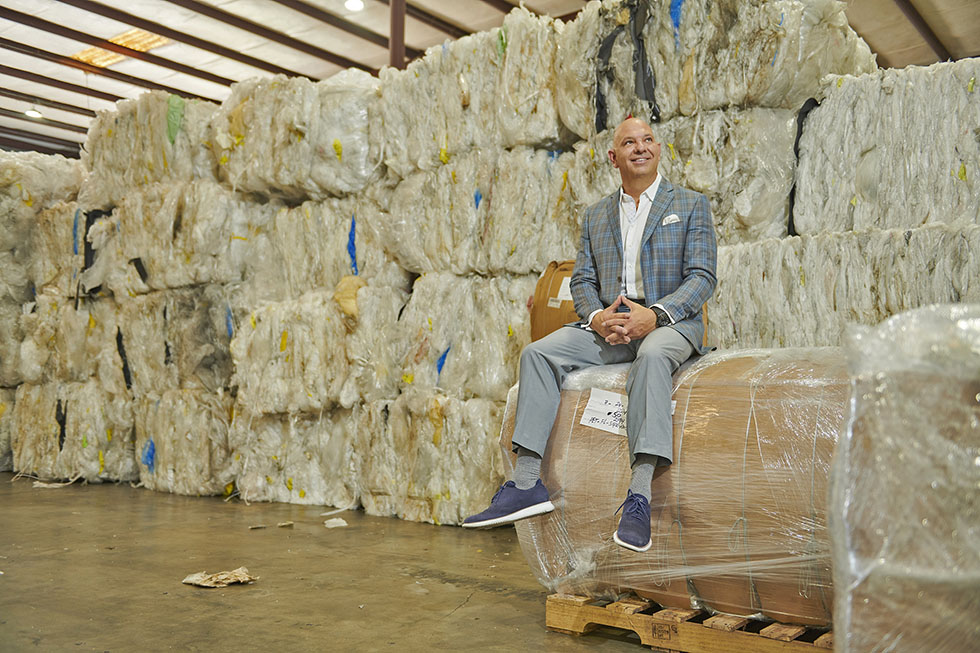
Avangard Innovative CEO Rick Perez recently shared details on the company’s upcoming expansion. | Anthony Rathbun
Reclaimer Avangard Innovative will grow exponentially in 2020, opening three processing sites to recover and pelletize plastic film.

The city of Boise rolled out the EnergyBag program in 2018. | Aleksandr Grechanyuk/Shutterstock
The Hefty EnergyBag program is collecting but not currently processing hard-to-recycle plastics in Boise, Idaho. The program’s downstream processor suspended EnergyBag processing earlier this year to install new equipment.

